Now shipping plant orders promptly 🙂
Rhubarb, Turkey (Rheum palmatum tanguticum) potted plant, organic
$8.50
Family: Buckwheat (Polygonaceae)
Hardy to Zones 6 to 9
(Da-huang; Turkey Rhubarb; Chinese Rhubarb; Rhubarb, Chinese) Herbaceous perennial. Native to China and Tibet. Rare. Plants boast red-tinged, handsomely palmate leaves, and are much appreciated in the ornamental garden for their shape, color, and colorful history. Traditional usage of dried, cured root (TWM, TCM): Laxative. Source of anthraquinones. Taste mild. It is amazing how quickly usable quantities of this herb can be grown–a reasonable harvest can be made in the fall of the first year’s growth. Dig the roots, wash throughly, slice, pierce, and hang to dry and cure. Plant prefers part shade to full sun, well-drained soils of raised bed or hilliside. Leaves generally have an entire margin in the first year and demonstrate palmate structure in the second year. Sometimes, fast-growing and healthy individuals will start making palmate leaves in the first year.Space plants 2 to 3 feet apart.
Potted Plant, Certified Organically Grown
In stock
Share your thoughts!
Let us know what you think...
What others are saying
Related products
-
Mayapple, American Live root (Podophyllum peltatum), Organic
$7.00 Select options This product has multiple variants. The options may be chosen on the product page -
Yucca, Red (Hesperaloe parviflora), potted plant, organic
$16.00 – $41.00 Select options This product has multiple variants. The options may be chosen on the product page -
Life Plant, Good Luck (Kalanchoe houthonii), organic
$8.50 Select options This product has multiple variants. The options may be chosen on the product page -
Cactus grandiflorus (Selenicereus grandiflorus) potted plant, organic
$11.00 – $30.50 Select options This product has multiple variants. The options may be chosen on the product page

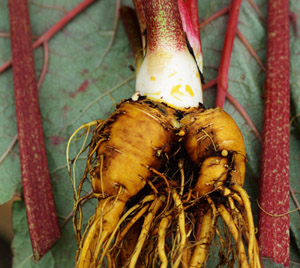

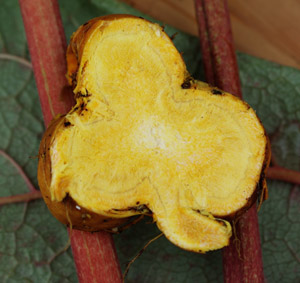
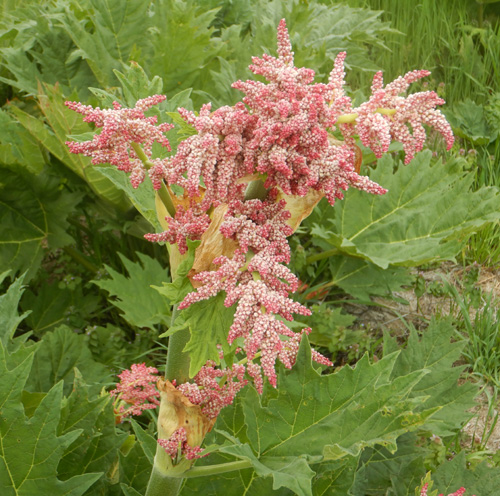
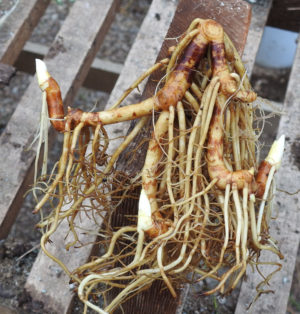

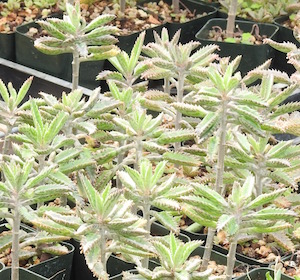
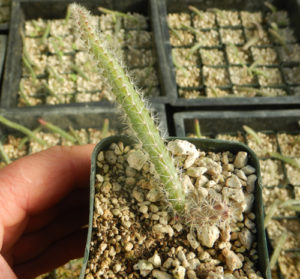
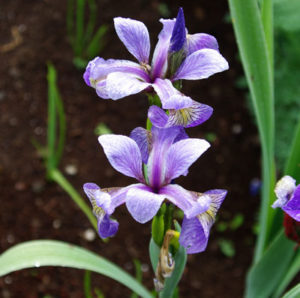
Rosemary Brown –
Is this variety in Essiac tea?
Upvote if this was helpful (0) Downvote if this was not helpful (0) Watch Unwatch Flag for removal
Richo Cech –
yes
Upvote if this was helpful (0) Downvote if this was not helpful (0) Flag for removal
Question
Amy –
Hello. Do you think this plant will do well in Michigan? Also does it come back every spring?
Upvote if this was helpful (0) Downvote if this was not helpful (0) Watch Unwatch Flag for removal
Richo Cech –
Hi Amy, thanks for writing. Glad you mentioned the palmate rhubarb. These are way cool, completely northern hardy and perennial. They just get bigger and bigger the more compost you put on them! Check “Growing Plant Medicine” Vol 1 for more on these. richo
Upvote if this was helpful (0) Downvote if this was not helpful (0) Flag for removal